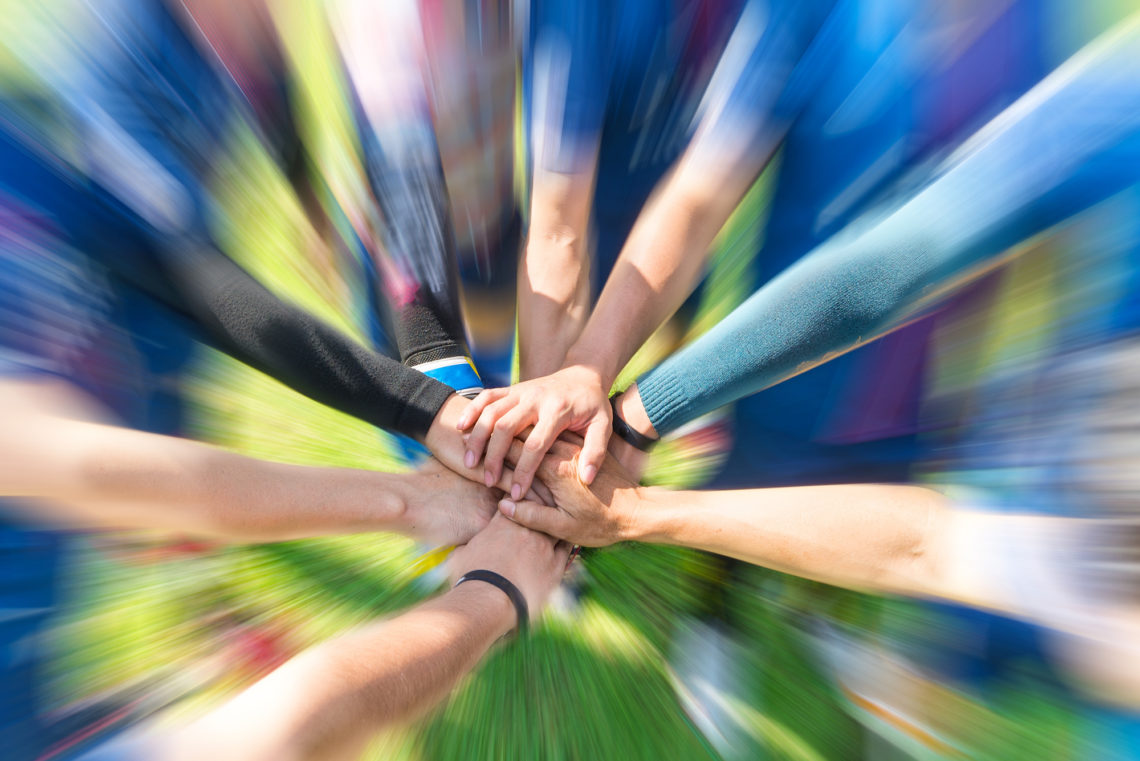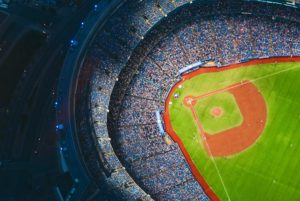
New initiative highlights brands delivering positive social or ecological impact through sport.
Outdoor clothing manufacturer Patagonia, sportswear giant Nike, banks Santander and Barclays, and technology companies Microsoft and T-Mobile are among 29 brands to feature on the inaugural Laureus Sport For Good Index, a new list recognising entities that are delivering positive social or ecological impact through sport.
The first-of-its-kind Index, conceived by purpose-focused platform Laureus in collaboration with SportsPro, is intended to shine a light on organisations that are having the clearest and most meaningful impact through their sports-related corporate social responsibility (CSR) and environmental, social and corporate governance (ESG) activities.
Released to coincide with Cop26, the United Nations (UN) Climate Change Conference currently being held in Glasgow, Scotland, the inaugural list features major corporations and blue-chip brands spanning multiple industry sectors, including sportswear, finance, technology, food and beverage (F&B), retail, energy, and transport.
Columbia, Dick’s Sporting Goods, Hylo Athletics, Athleta, Hummel and Vaude join Nike and Patagonia as representatives from the retail and apparel sectors, while Ball Corp., Footprint, Beko, Xylem and Best Water Technology (BWT) feature alongside Microsoft and T-Mobile in the technology category.
Green energy companies, including Ecotricity, Octopus Energy, Engie and Renewable Energy Group, also feature heavily in the Index, while Allianz, Mastercard, Clif Bar, Gatorade, Heineken, Innocent, Oatly and Nissan make up the final list of 29 brands.
The Index was determined by an independently adjudicated judging process overseen by an all-female panel of industry experts, including the likes of Comic Relief USA chief executive Alison Moore, Formula E sustainability director Julia Pallé, and Towa von-Bismark, an executive director at UBS.
Brands who feature in the Index were assessed according to a set of seven key criteria, including evidence of creativity in purpose-led campaigns, level of investment in ‘sport for good’ causes, and the extent to which their sports investments align with the United Nations’ (UN) Sustainable Development Goals.
An overall assessment was also made of the brands’ commitment towards building an equitable society, reducing sport’s ecological footprint, and growing the sports industry’s economy through sport for good campaigns.
“The Sport for Good Index is a timely reminder of the transformational power of sport,” Edwin Moses, the chair of Laureus Sport For Good, said in a statement.
“On behalf of the Laureus Academy, we are proud to celebrate the progress being made in this space by the brands listed in the inaugural Sport for Good Index. We’re also excited to engage with more organisations around the world to showcase and highlight the true value sport can play in wider society in future.”
Many of the brands who feature in the Index were commended for their efforts in the area of environmental sustainability, with the vast majority actively using their sports sponsorships to reduce their respective partners’ carbon footprint, raise awareness of the climate emergency and affect behavioural change.
Brewing giant Heineken, for example, was recognised for creating a sustainable bar concept that is now utilised across all Formula E events, while Octopus Energy received plaudits for its work to accelerate the UK’s shift away from fossil fuels in tandem with Premier League club Arsenal and rugby union side Cardiff Blues.
Notably, four of the brands in the Index – Hylo Athletics, Ecotricity, Oatly and Innocent – are official partners of Forest Green Rovers, the fourth-tier English soccer side that has been dubbed the ‘world’s greenest soccer club’ by global governing body Fifa.
Social impact was also a key consideration for the judges, who determined a brand’s suitability for inclusion based on their commitments and initiatives in areas like gender equality, youth participation, female empowerment, racial diversity and volunteering.
French utility company Engie, for instance, was recognised for its foundation’s work to set up tennis courts for people from disadvantaged backgrounds in urban areas across France, while sportswear firm Columbia was praised for promoting women’s health and financial inclusion throughout its global supply chain as part of its HERproject initiative.
“The Laureus Sport for Good Index is the first of its kind to recognise the positive work carried out by some of sport’s biggest investors across our society,” said Ned Wills, the managing director of Laureus.
“Sport, as a powerful tool to connect people, has the capacity to drive innovation and change beyond the sporting arena. As the world of sport and leading global brands continue to be driven by purpose, we hope the Laureus Sport for Good Index helps us build a platform for a more equitable society moving forwards.”
Click here to downoad the Index
BY MICHAEL LONG


